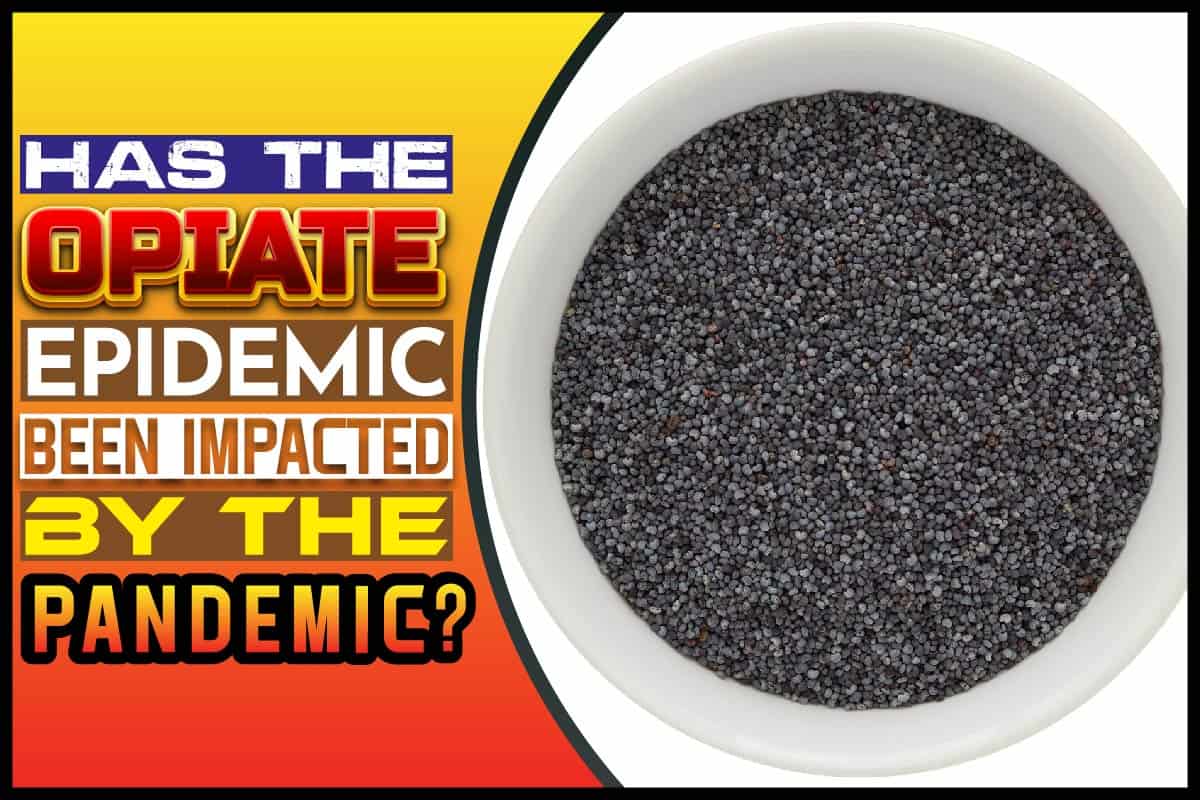The opioid epidemic refers to the abuse or misuse and overdose deaths attributed to the category of drugs called opiates or opioids. It also includes the consequences resulting from the medical and recreational use of these drugs. The misuse of opioids further became an issue in the late 1990s partly due to increased prescriptions of the medications. Common opioids include oxycodone (OxyContin®), hydrocodone (Vicodin®), codeine, morphine, and the infamous heroin. Most opioids are painkillers whose capacity ranges from moderate to strong.
Reports indicate that over 841,000 people in the US have died since 1999 from an opioid drug overdose. Overdoses resulting from opioid misuse caused nearly 50,000 deaths in 2019, with approximately 73% of those deaths resulting from synthetic opioids. Further, 10.1 million people misused prescription opioids in the same year, 1.6 million had an opioid use disorder, and 745,000 people used heroin. Aside from serious health complications, it also poses significant social and economic challenges.
The end of 2019 heralded a new era, with the Coronavirus becoming more widespread globally. By early to mid-2020, many countries worldwide were experiencing higher cases of the virus which resulted in the closure of schools and work premises, few to no social gatherings and events, and measures such as wearing masks and maintaining social distance to keep safe. The pandemic has been reported to increase stress, anxiety, hopelessness, and poorer mental and physical health.
Recent reports indicate that nearly all states have reported an increase in the number of overdose deaths or other problems during the COVID pandemic. In 2020, drug overdose deaths hit a record high, with numbers larger than ever recorded in history due to the pandemic. According to experts, “The COVID-19 pandemic created a devastating collision of health crises in America.” Provisional data indicates that between 2019 and 2020, the number of deaths from drug overdoses increased by 29.4%.
Opioid abuse and misuse can be treated successfully, allowing those affected to make an impact to others around them. There are plenty of resources that can come in handy with the treatment and management of use and addiction. For instance, rehabilitation centers offer the necessary medical and support service to overcome the opioid crisis. Some offer inpatient and outpatient medical treatment, different types of therapy, a conducive environment for peer support, and help manage withdrawal symptoms and relapse.
Aside from treatment and help from professionals and facilities, a personal initiative on those affected also plays a significant role in the journey to better mental health. Some practical activities include building healthy relationships, which can be a good source of social and moral support. Practicing healthy living includes healthy diets and avoiding old routines and habits. Being accountable and taking on new meaningful activities and hobbies can also go a long way in helping one develop more restorative practices.





















